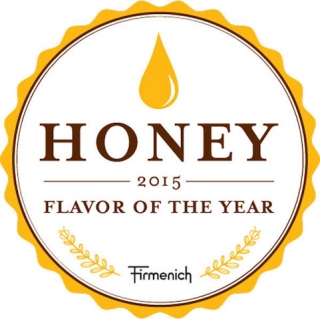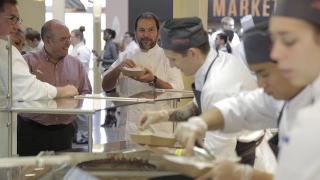
Seeds for Student Success According to Chef Macfarlane
Monday, 02 November 2015 13:25By Lisa Parrish, Gold Medal Classroom Editor
Chef David Macfarlane has worked more than 30 years in the culinary field. His childhood dream was to become a chef and he started his quest in high school taking baking and pastry courses. He rose through the food industry ranks to become Corporate Executive Chef for Idahoan Foods. He has worked on two continents, cooked for two United States presidents and been employed at some of the finest hotel establishments in the country. Here he offers his advice to current students looking to a career in the culinary field.



